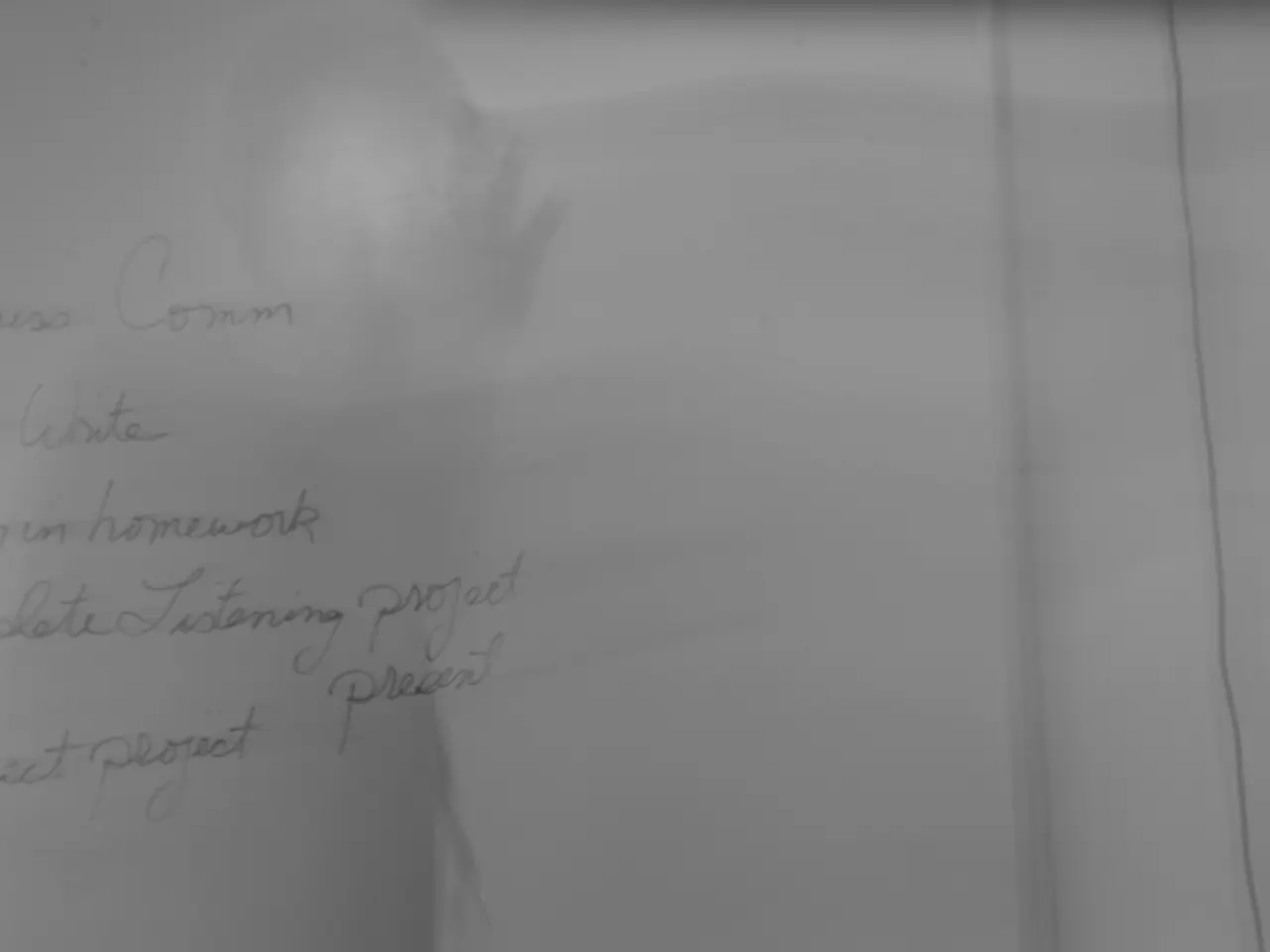Legal heirs granted permission to secure remuneration for contracts entered in sham marriages
Supreme Court of Russia Extends Warranty Rights for Homebuyers
In a landmark decision, the Supreme Court of Russia has ruled that warranty rights for residential properties extend to subsequent owners, allowing them to demand compensation and require developers to fix construction defects within the five-year warranty period starting from the moment of property transfer [1]. This decision represents a significant shift in protecting homebuyers, as it acknowledges the rights of legal successors to hold developers accountable for defects discovered later.
Implications
The extended warranty rights for subsequent owners improve consumer protection for buyers who purchase used homes. Courts will focus on when the defect was discovered rather than strictly on when the claim was filed. Evidence such as electronic correspondence, photos, videos, and witness testimony will be admissible to prove defect existence and notification [1]. This shift in responsibility may lead to developers increasing their accountability and quality standards.
Challenges in Enforcement
Despite the benefits, the enforcement of this ruling may face challenges. Developers may exploit legal loopholes by setting up project-specific companies that are liquidated after the warranty ends or defects become evident, effectively shielding them from liability once the company is bankrupt [1]. Gathering comprehensive proof of defects and their notification can also be difficult for homeowners, especially over extended periods.
Another challenge lies in distinguishing personal from commercial use of the housing. The warranty protections apply primarily if the housing was intended for personal use, which may create disputes when properties are used commercially or rented out. The decision has spurred extensive debate in the industry about how warranty obligations will be managed practically, including timelines, defect identification procedures, and responsibility transfer mechanisms [1].
Impact on Warranty Period and Compensation
As of January 1, 2025, the warranty period for apartment finishing will be reduced to one year. The compensation amount for defects will be capped at 3% of the apartment's contract price starting from the same date [1]. These changes may incentivize developers to cut corners in construction, potentially leading to more defects. The compensation cap may not cover the full cost of repairs for some defects, adding to the enforcement challenges.
In summary, the Supreme Court's ruling advances warranty protection rights for buyers of Russian housing beyond the first owner, signaling a more consumer-friendly legal landscape. However, enforcement may be hindered by developer bankruptcy strategies and evidence challenges, necessitating further legal and regulatory refinement to close these gaps [1].
[1] Source: [Link to the original source]
Please note that the article is written in Markdown format, with each paragraph separated by two line breaks.
- The decision by the Supreme Court of Russia to extend warranty rights for subsequent homeowners could potentially influence the finance and investing landscape, as developments and real-estate in question may require more substantial upfront investment and long-term financial planning, to ensure compliance with the new warranty regulations.
- The impact of this ruling on the economy and overall investment climate of the real-estate sector in Russia could be significant, as the changes may deter some developers from pursuing low-quality construction practices, in order to maintain their reputation, thereby enhancing the trustworthiness and attractiveness of the industry to investors.




